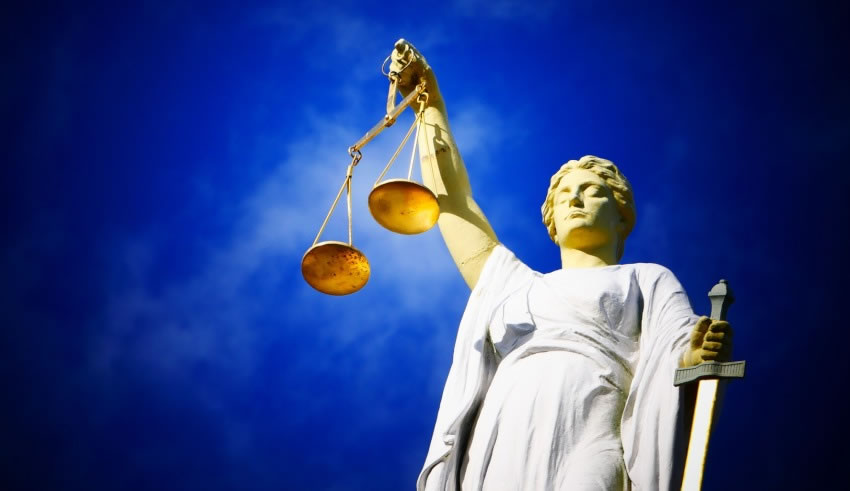Andrew Inglis Clark, one of Australia’s greatest ever jurists, wanted our constitution to be a “living force” that could be altered and interpreted to reflect the will of the people, writes Nick McKim.

Over 100 years later, Clark would likely be appalled that Australia is the world’s only liberal democracy without a charter of rights. In the absence of such protection, governments of both political stripe have overseen the weakening of fundamental rights and freedoms that many Australians have sacrificed their lives to create and defend.
An Immigration Minister with unprecedented capacity to make capricious decisions on visa applications now wants power to overturn AAT decisions on citizenship that with he disagrees.
Under the cloak of “counter-terrorism”, security agencies have been given greatly expanded powers. People, including children, can be detained for long periods without charge, and held indefinitely in detention when their custodial sentences expire. Police have far greater powers to search and detain, and access to metadata without a warrant.
Brought in purportedly to stop terrorism, these laws are being used by local councils to investigate unregistered pets and littering offences. This kind of ‘ambit creep’ is a strong argument for a charter of rights.
In June 2016, Professor George Williams identified 209 Commonwealth, state and territory laws passed since September 2001 that infringe on basic rights and freedoms. And there have been more since.
Discriminatory measures such as the cashless welfare card, which are targeted at Indigenous communities, face few legal barriers. Our right to privacy is under attack from major corporations, as our private personal information is collated and sold, in many cases against our wishes or without our knowledge.
As the postal survey has shown, LGBTI Australians still face discrimination, and have no right to marry the person they love. And people seeking asylum who are Australia’s responsibility under international law have been warehoused offshore in conditions that, were they to exist in an Australian prison, would have been the subject of a royal commission years ago.
The Greens will introduce, debate and vote on a charter of rights during the current term of Parliament. We want the charter to include traditional rights such as freedom of speech, religion and assembly, but also workplace rights, disability rights, environmental rights and digital rights.
Importantly, we want the charter to be a document that helps give Australians the opportunity to shape their own lives.
While we hold a constitutional bill of rights as the ideal, history has shown how hard it is to amend our constitution, despite Andrew Inglis Clark’s best wishes.
So as a first step, the Greens will move for a parliamentary committee to inquire into a charter of rights.
We want to start a national conversation about which model Australia’s charter of riights should take, what kind of rights should be enshrined and how to best balance conflicting rights.
We want the committee to study the charters and bills of rights in other jurisdictions, and recommend robust legislation that will give Australians the ability to fight back when their rights are infringed.
We want as many people as possible to be part of the conversation. This is a community decision, and it should be done inclusively.
Given the important role legal practitioners play in defending rights, we hope to hear from as many lawyers as possible.
We want the law to help protect our right to a clean environment and fresh water, which will become more crucial as our planet gets hotter. We want to see greater protections against discrimination. And despite what some have suggested, we want to protect freedom of religion, which is under far greater threat from the culture warriors on Australia’s political right than it is from the left.
People have a right to their day in court, and governments and corporations should be held to account when they infringe unreasonably or disproportionally on people’s rights and freedoms.
An Australian charter of rights will be a document that reflects the values and standards that we stand for as a society, and uphold the dignity of every person.
We need to write the next chapter in the Australian story. A charter of rights is part of that story.
Senator Nick McKim is the Australian Greens justice spokesperson.